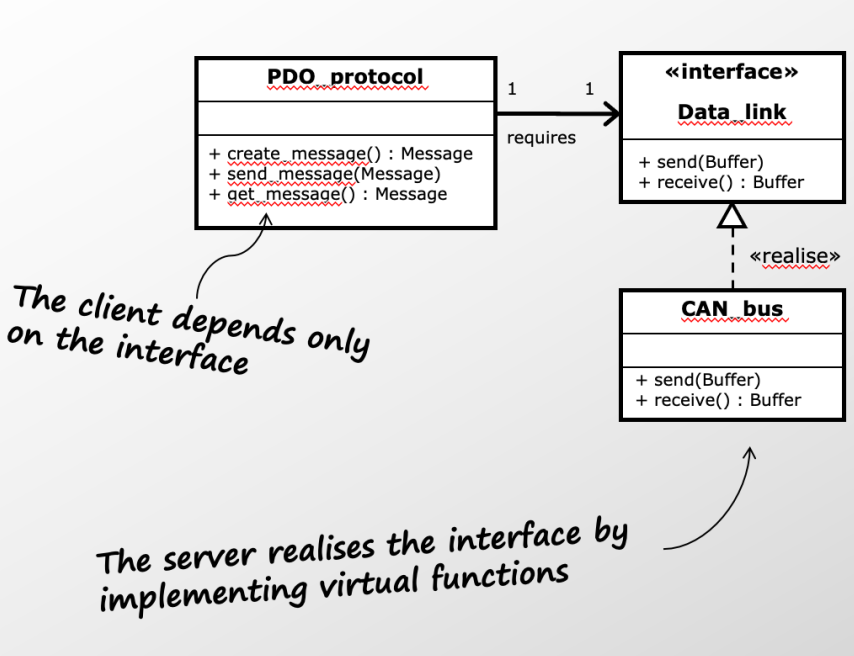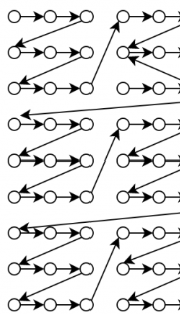Using modules in the big three compilers
With detailed step by step instructions on how to make it work...
Using modules in the big three compilers: a small experiment
From the article:
The goal of my experiment was to see how easy it is to write code that a) uses C++20 modules, b) can be compiled by GCC, Clang and MSVC without using conditional compilation, c) imports something from the standard library, d) exports at least one templated function, e) has a peculiarity that makes the module harder to find (in my case, the module is named b but the file that contains it is named a.cppm).
The experiment sort of succeeded...

 Const... times four:
Const... times four: constexpr keeps getting more and more powerful with each release:
constexpr keeps getting more and more powerful with each release: Playing the classics, at arm's length...
Playing the classics, at arm's length... When having the "last word" makes stuff go faster...
When having the "last word" makes stuff go faster... As Crocodile Dundee famously said, "That's not a loop, that's a loop." Just programmers having fun:
As Crocodile Dundee famously said, "That's not a loop, that's a loop." Just programmers having fun: